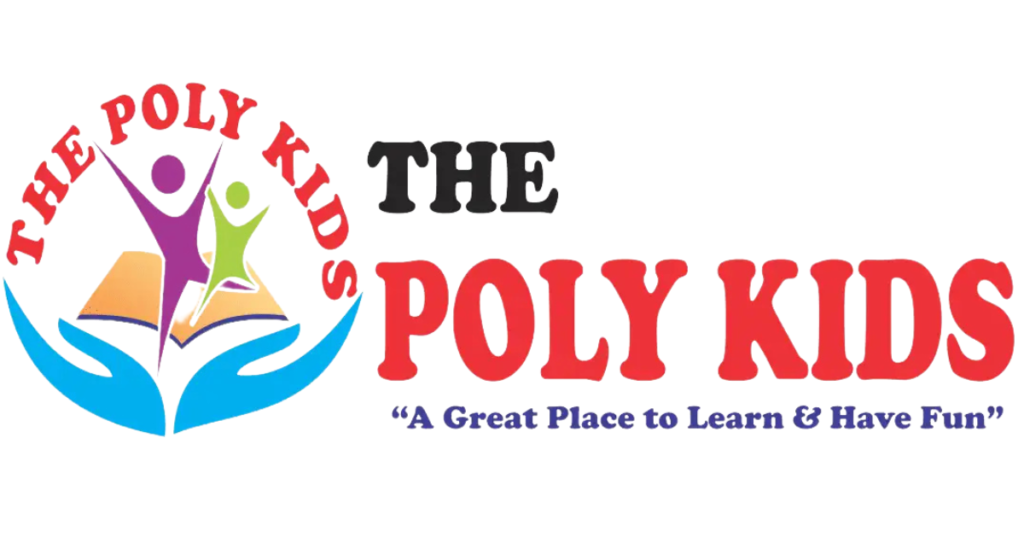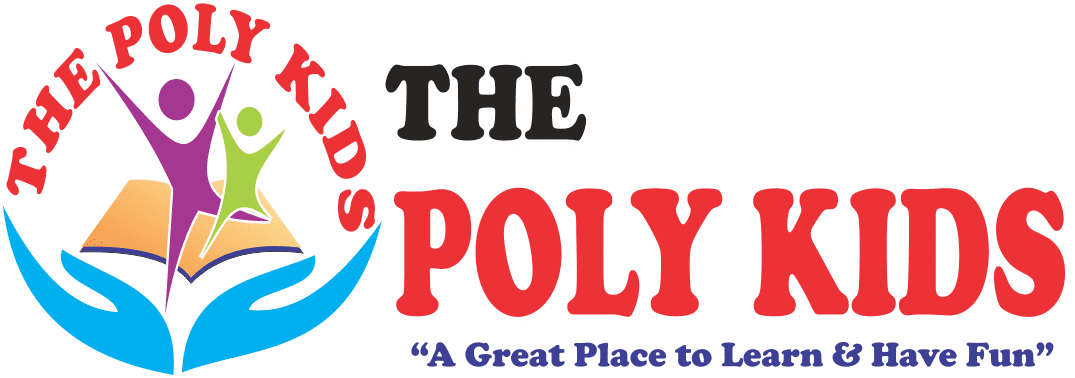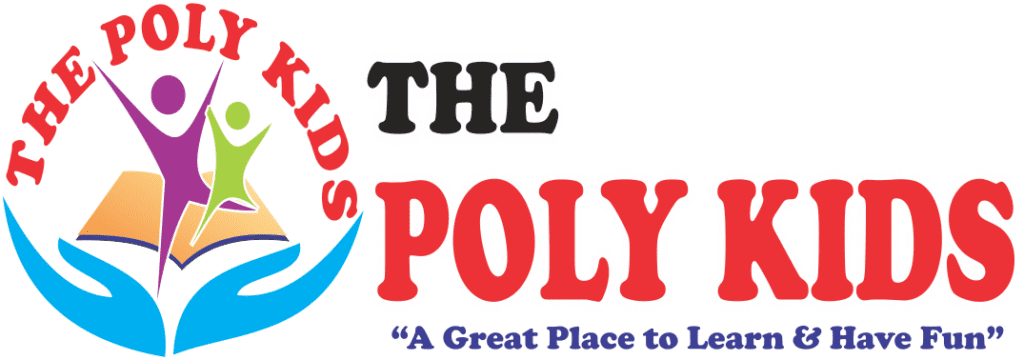Why Teamwork Matters in Kids Skill Development
At The Poly Kids, we believe that the foundation of lifelong success is laid in early childhood—and teamwork for kids plays a crucial role.
From group activities to collaborative learning, teamwork for kids is more than just playing together—it builds resilience, communication, leadership, empathy, and problem-solving skills. These are not just academic goals, but life skills that help shape responsible, confident individuals.
The Foundation of Social Learning
Children don’t just learn through books—they learn by interacting, sharing, and cooperating. This is where teamwork for kids begins. At The Poly Kids, classrooms are designed as mini-communities where each child is encouraged to participate and contribute.
Whether it’s building a block tower together or cleaning up the play area as a team, these small moments teach big lessons.
“When children learn to work with others, they learn to respect differences, listen actively, and express themselves clearly.”
Teamwork Teaches Responsibility
In a team, every member has a role. By assigning tasks during group activities, we help children develop a sense of accountability. This is a cornerstone of leadership and self-discipline.
-
📌 Sharing classroom duties
-
📌 Completing group art projects
-
📌 Setting up activity stations
-
📌 Planning storytelling sessions as a group
These actions foster ownership and build trust among peers—core aspects of teamwork for kids.
Enhances Cognitive and Emotional Growth
Teamwork doesn’t just build social skills; it also sharpens thinking. When children brainstorm ideas or solve puzzles together, they use logic, language, and emotional intelligence.
-
They learn to negotiate ideas
-
Handle conflict resolution
-
Manage emotions when things don’t go their way
Such activities stimulate brain development while building emotional maturity—both essential for future academic and life success.
Encourages Empathy and Respect
In our culturally diverse classrooms, children meet peers from different backgrounds. Teamwork for kids helps them understand diversity and nurture inclusiveness.
When a child comforts a crying friend or helps a teammate complete a task, they practice empathy in action. This fosters not just tolerance, but true respect and kindness—qualities the world needs more than ever.
Builds Communication Skills
At The Poly Kids, we actively promote dialogue, storytelling, and open discussions during teamwork exercises. When children collaborate, they learn to:
-
Listen patiently
-
Speak clearly
-
Interpret body language
-
Use polite expressions
These micro-interactions build powerful communication skills—essential for academics, relationships, and career readiness.
Inspires Creative Thinking
Teamwork for kids inspires out-of-the-box thinking. Children who work together naturally share ideas and push each other toward innovation. This is evident during:
-
Role-playing sessions
-
Group painting or craftwork
-
STEM activities using everyday objects
-
Music and movement collaborations
Creative collaboration becomes a playground for imagination and problem-solving.
Real-World Examples at The Poly Kids
Here are some real-time group learning activities we conduct regularly:
-
“Circle Time Sharing” where each child takes turns sharing something about their day
-
“Buddy Reading”—an older preschooler helps a younger one read a picture book
-
“Community Garden Project” where kids plant and care for saplings as a team
-
“Clean-Up Crew”—children form groups to organize toys and learning materials
These aren’t just fun—they are powerful lessons in teamwork for kids.
Preparing Children for the Future
Teamwork is no longer optional—it’s a must-have skill in today’s interconnected world. Children who grow up with collaborative experiences are more adaptable, emotionally intelligent, and success-oriented.
From schools to universities, from workplaces to communities—teamwork for kids creates a ripple effect that benefits every phase of life.
How The Poly Kids Embeds Teamwork in Education
Our approach is intentional and child-centric. Here’s how we integrate teamwork for kids in our daily schedule:
-
Small group activities in every class
-
Partner tasks in both indoor and outdoor games
-
Peer mentoring systems
-
Encouraging children to set team goals and celebrate together
We don’t just teach teamwork—we live it every day in every classroom.
Conclusion: Building Future-Ready Kids
At The Poly Kids, we see each child not just as an individual but as part of a larger community of learners. By nurturing teamwork for kids, we empower them with the ability to connect, collaborate, and create—a skillset that will serve them for life.
Let’s raise a generation of compassionate, creative, and collaborative minds—because teamwork isn’t just about getting things done together; it’s about growing together.


